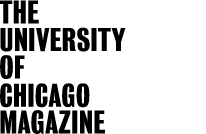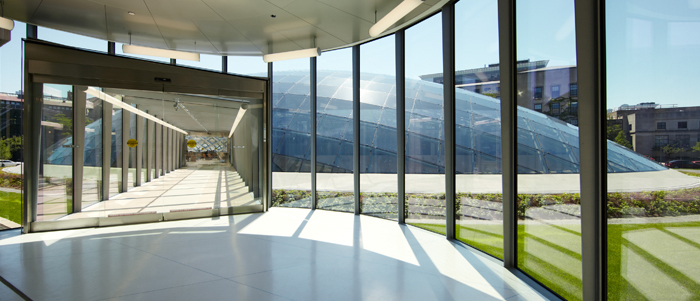I am standing in the cheese department of a shiny new supermarket in Champaign, Illinois, weeping and remembering. It's late October 1991, and I returned yesterday from Moscow, which appears to be going under. Glasnost and perestroika, those reforms from the top, produce wondrous, heady sensations in my friends—librarians, journalists, and other intellectuals—but Soviet life as they knew it is grinding to a halt, and they are suffering. In a cold, wet October, the windows in my crumbling hotel room didn't shut and were rimmed with frost. There was no food for breakfast, and prostitutes roamed the lobby and halls. Worse by far, one of my friends can't find milk for her baby in any store, no matter how enterprising she, her mother, and her mother-in-law are about finding lines to stand in. And libraries, so important in Soviet times, are suffocating from lack of funds and opportunities to grow and change. Like everything else in Russia, they have nothing. Libraries don't even have rubles to meet their payrolls.
Now I'm back in Champaign, jet-lagged and miserable from a cold, my head and my heart still with my friends in Moscow. And here is this incredible cheese department, with dozens—maybe hundreds—of brands and types and sizes and shapes, sliced and unsliced, flavored and plain, hard and soft, gathered from all over the world. Beyond the cheese department are the fresh fruits and vegetables, and beyond that meats of every kind, breads, and cereals. I'm overcome with sadness and guilt.
So what has this moment got to do with the new Mansueto Library? In my mind, quite a bit. As a member of the visiting committee for the library, I've followed the Mansueto from its beginning, when it was just plans on paper. Now it stands, complete and open to the public. Millions of books and archival boxes deep in the earth, cleverly stored and retrieved by sci-fi-like machines. On the main floor, a short walk from Regenstein Library by means of a wide and bright passage—past the Special Collections Research Center, where faculty, students, and visiting scholars can work in light and pleasant surroundings—are a state-of-the-art preservation lab, a digital imaging room, and a comfortable and attractive reading room, already populated by students. And above it all, a magnificent, airy glass dome, drawing in the light, symbolizing openness, the joy of learning, of creating new knowledge, of access for all, and of free expression.
For me, the Mansueto is the cheese department in the Champaign supermarket: it has everything anyone could want. It is the latest addition to a great academic library, the newest jewel in its crown. And I'm not weeping for Russia anymore, although it gives me plenty of nervous moments. Twenty years have passed, and the world has changed. Many Russian libraries have books again, and technology, thanks to enterprising directors, to government at various levels that recognizes the value of libraries, and to the gradual development of civil society.
The world is still a troubled place, as it no doubt always will be, but we mustn't let that keep us from rejoicing in a magnificent new library and improved access to information and knowledge for scholars everywhere.
Marianna Tax Choldin, U-High'59, AB'62, AM'67, PhD'79, who received a 2011 Alumni Association Public Service Award, is the Mortenson distinguished professor emerita at the University of Illinois at Urbana–Champaign. Her work to improve library services earned her Russia's Pushkin Gold Medal.










